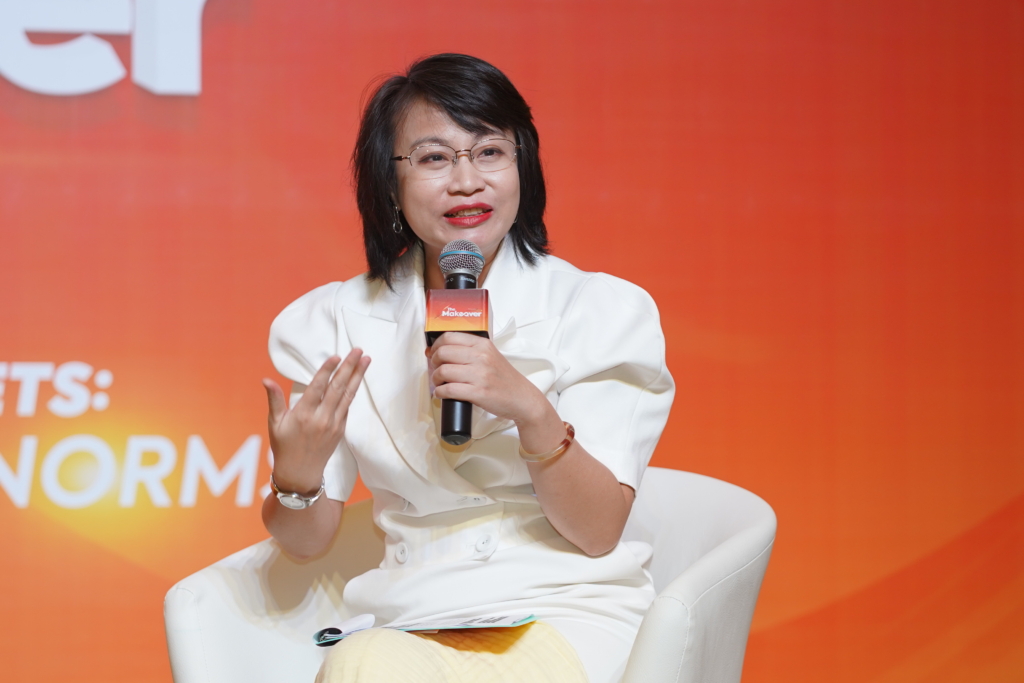“Staff members can restate their leaders’ instructions in their own words to ensure mutual understanding or proactively share their ideas to explore the manager’s perspective. This proactive approach can minimize misunderstandings and enhance work efficiency, ultimately optimizing productivity and output quality.”, Ms. Ha suggested.
The Misunderstanding Between Team Leader And Gen Z Employees

March 15, 2024
"Obviously, I always carefully write down what my leader told me and follow from A-Z but still not what he wants," a Gen Z employee shared. This is a typical situation that often happens, especially when the number of Gen Z employees is increasing.

“Employees scarcely ask for support, but usually seek their leaders’ help to resolve the consequences.”
According to Resume Builder, 74% of managers and business leaders find it challenging to collaborate with Generation Z individuals (those born between 1997 and 2012) compared to other age groups. Many leaders express frustration at the difficulty of connecting with employees from this generation, while Gen Z themselves encounter challenges in interpreting the signals from their leaders.
According to Ms. Nguyen Thi An Ha – Marketing & Strategic Partnership Director of Talentnet Corporation, these communication barriers stem from differences in language and perspectives between the two parties, influenced by year and work experience.
“Not assuming that staff members can automatically understand the communication style being used helps managers tailor their messages to match the speed at which employees receive information,” Ms. Ha emphasized.
Ms. Ha shared that if leaders realize the reason is that employees do not understand the root of the problem properly or lack of information, managers should be concise and explicit in explaining the concept and required actions or using email communication to prevent miscommunication. Understanding the communication style and acknowledging the information provided by employees will help leaders identify the most effective communication approach.
Conversely, instead of blindly following instructions, young employees are encouraged to engage in active dialogue to clarify expectations.

The story of empowerment
While the majority of middle managers want to facilitate and empower their team members, on the other hand, personality traits can be a barrier for Generation Z individuals in fully embracing managerial resources.
“Gen Z is the generation that is proactive, self-reliant and hungry to prove themselves. With a strong sense of self-confidence, they often prefer to tackle challenges independently. Understanding this characteristic, leaders can adapt their approach. For example, interacting with Gen Z as colleagues instead of superiors can foster a more open environment for sharing, enabling early detection and resolution of issues before they escalate. Managers can actively set up quick “catch-up” sessions or small talks weekly to create a routine for both parties to voice their concerns”, Ms. An Ha explained.
For employees, they should understand that superiors sometimes find it difficult to avoid barriers of time or resources. As a result, Gen Z may be more revealing, such as proactively reporting work in stages, presenting solutions to solve problems instead of being silent.

Leader “paved the way”, but employee has yet to fully engage
Surprisingly, a staggering 96% of Generation Z individuals express interest in actively contributing value to the organization. However, these young employees may encounter obstacles in expressing their desires. The fear of being perceived as inexperienced or lacking in skills prevents them from openly discussing their concerns with their managers.
Ms. An Ha suggests that instead of expecting Gen Z employees to proactively communicate, managers should emphasize the significance of their contributions in creating positive outcomes for the business. This approach can encourage employees to open up, enhance their capabilities, and boost work efficiency.
Ms. Ha emphasizes that leaders displaying empathy can gain a deeper understanding of their employees’ challenges and objectives, enabling them to propose practical and effective solutions. Additionally, the empathy from Gen Z employees is also crucial to foster stronger relationships within the workplace.
“Understanding what their leaders suggest sometimes just for their own good, Gen Z needs to shift from a passive, silent response to a more proactive and responsive approach. This is not only beneficial for impressing bosses but also for honing soft skills and fostering continuous personal development.”, Ms. An Ha concluded.




